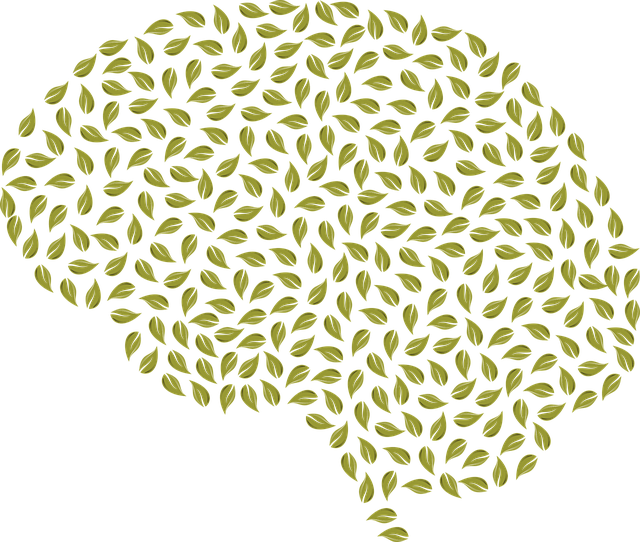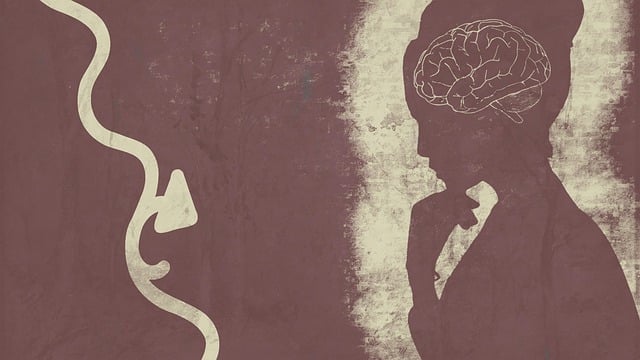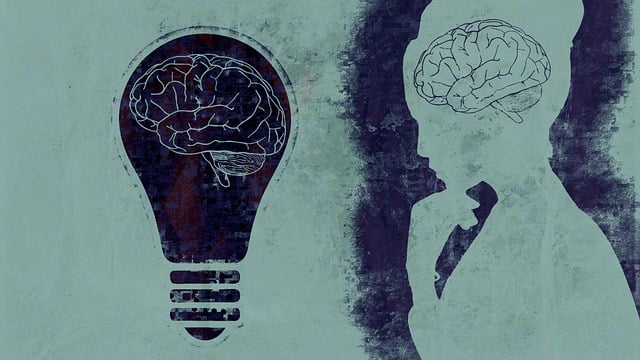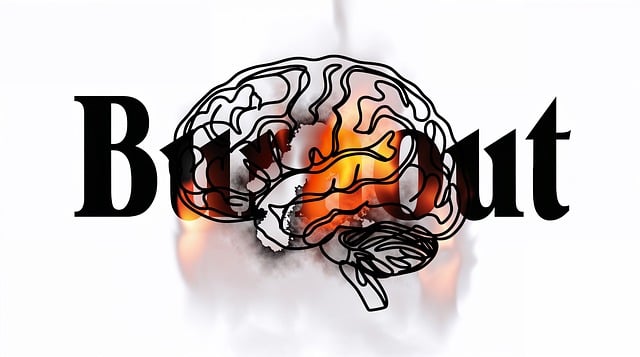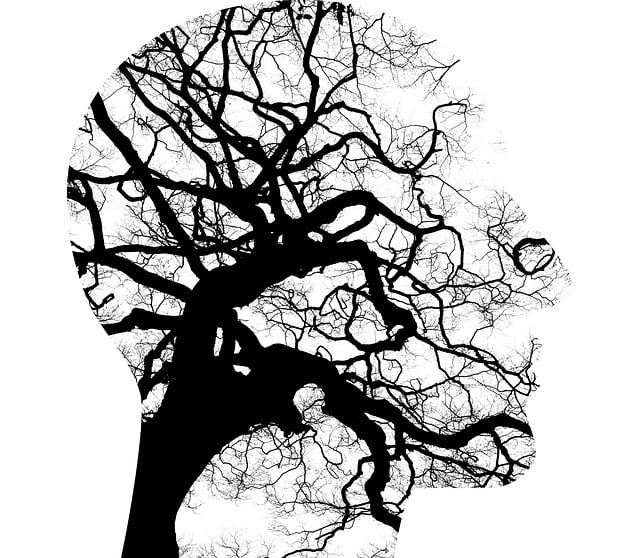Mental illness diagnoses, particularly for conditions like OCD, face challenges due to symptom overlap and subjective experiences. Current criteria may not fully capture the dynamic nature of disorders. Advanced tools like neuroimaging and therapies like Centennial Obsessive Compulsive Disorder Therapy (CENTOCDT) improve accuracy. Burnout prevention for healthcare providers is crucial. CENTOCDT combines cognitive-behavioral therapy with digital interventions, data analytics, and self-management tools, offering personalized care. A patient-centered approach, emphasizing open communication and emotional regulation skills, enhances diagnosis and long-term mental health outcomes.
Mental illness diagnoses, while crucial for treatment, face significant challenges. This article delves into the current limitations of diagnosis, specifically exploring advancements in tools for conditions like OCD. We discuss integrating new research and technologies into clinical practice, emphasizing patient-centered approaches to enhance accuracy. By understanding the complexities and adopting innovative strategies, such as Centennial Obsessive Compulsive Disorder Therapy, we can improve treatment outcomes and provide more effective care.
- Understanding Mental Illness Diagnoses: Current Challenges and Limitations
- Advancements in Diagnostic Tools and Techniques for OCD
- Integrating New Research and Technologies into Clinical Practice
- Patient-Centered Approaches to Enhance Diagnosis Accuracy and Treatment Outcomes
Understanding Mental Illness Diagnoses: Current Challenges and Limitations

Mental illness diagnoses, while crucial for effective treatment and support, face several challenges and limitations that impact their accuracy. One significant hurdle is the complexity and diversity of mental health conditions themselves. Symptoms can overlap between disorders, making differentiation difficult, especially in early stages or when co-occurring illnesses are present. For instance, obsessions and compulsions, core symptoms of Obsessive-Compulsive Disorder (OCD), can mimic anxiety or even coexist with other conditions like Depression or Post-Traumatic Stress Disorder (PTSD). This complexity demands a nuanced approach to diagnosis, often requiring extensive assessment and collaboration among professionals.
Additionally, the subjective nature of mental health experiences poses another challenge. Individuals may describe their symptoms differently, influenced by cultural backgrounds, personal beliefs, and previous experiences. Healthcare providers must be vigilant in active listening and open to exploring alternative explanations or interpretations. Moreover, the current diagnostic criteria, while extensively researched, might not fully capture the dynamic and evolving nature of mental illness. This is particularly relevant for conditions like OCD, where symptom severity can fluctuate significantly over time, impacting diagnosis accuracy if assessments are based solely on static criteria. Therefore, continuous efforts in self-esteem improvement, emotional regulation techniques, and burnout prevention strategies for healthcare providers are essential to enhance diagnostic precision.
Advancements in Diagnostic Tools and Techniques for OCD

The diagnosis of Obsessive Compulsive Disorder (OCD) has seen significant advancements with the emergence of cutting-edge tools and techniques. Healthcare professionals now have a better understanding of the intricate nature of OCD, allowing for more precise evaluations. One such development is the integration of advanced neuroimaging technologies, which enable researchers to study brain structures and functions associated with obsessions and compulsions. This provides clinicians with valuable insights into the neurological basis of OCD, facilitating more accurate diagnoses.
Additionally, Centennial Obsessive Compulsive Disorder Therapy incorporates innovative cognitive-behavioral approaches tailored to individual needs. These strategies not only enhance diagnostic accuracy but also empower individuals to manage their symptoms effectively. Burnout prevention strategies for healthcare providers are also essential in this context, as Stress Management and Self-Awareness Exercises help maintain a clear mind and sharp observation skills, crucial for accurate OCD assessments.
Integrating New Research and Technologies into Clinical Practice

In recent years, advances in research and technology have significantly contributed to enhancing the accuracy of mental illness diagnoses, particularly in the field of Obsessive Compulsive Disorder (OCD). One notable area of improvement is the integration of innovative treatment methods, such as Centennial OCD Therapy, which combines evidence-based practices with contemporary techniques. This approach leverages cutting-edge research to offer personalized therapy sessions tailored to individual patient needs. By merging traditional cognitive-behavioral therapies with digital interventions and advanced data analytics, healthcare professionals can more precisely identify and address the nuances of OCD symptoms, including repetitive behaviors and intrusive thoughts.
Additionally, the power of technology extends beyond treatment to self-management tools. Encouraging patients to engage in mental wellness journaling exercises and utilizing mobile apps for guided mindfulness practices have proven effective in enhancing self-esteem improvement and coping mechanisms. Furthermore, integrating conflict resolution techniques through online platforms can facilitate early intervention and support networks, thereby improving overall mental health outcomes. These technological enhancements not only improve diagnosis accuracy but also empower individuals to actively participate in their mental wellness journey.
Patient-Centered Approaches to Enhance Diagnosis Accuracy and Treatment Outcomes

In recent years, a shift towards patient-centered approaches has emerged as a powerful strategy to enhance mental illness diagnosis accuracy and improve treatment outcomes. This innovative approach places the individual at the heart of their care, recognizing that every person’s experience with mental health is unique. By fostering open communication between patients and healthcare providers, these methods encourage individuals to actively participate in understanding their symptoms and contributing to diagnostic decision-making processes.
For instance, therapists utilizing Centennial Obsessive Compulsive Disorder (OCD) Therapy techniques emphasize emotional regulation skills, teaching clients to manage distressing thoughts and behaviors. This not only aids in accurate diagnosis but also empowers patients with self-care practices to prevent or better manage depression. By integrating self-care practices into treatment plans, healthcare providers ensure that patients are equipped with the tools necessary for long-term well-being, improving overall mental health outcomes.
Mental illness diagnosis accuracy has seen significant advancements, particularly in conditions like Obsessive Compulsive Disorder (OCD), thanks to enhanced diagnostic tools and patient-centric approaches. Integrating new research and technologies into clinical practice ensures more precise evaluations, leading to improved treatment outcomes. As we continue to navigate the complex landscape of mental health, efforts to refine diagnosis methods, such as those employed in Centennial OCD Therapy, will remain vital for better patient care and well-being.


